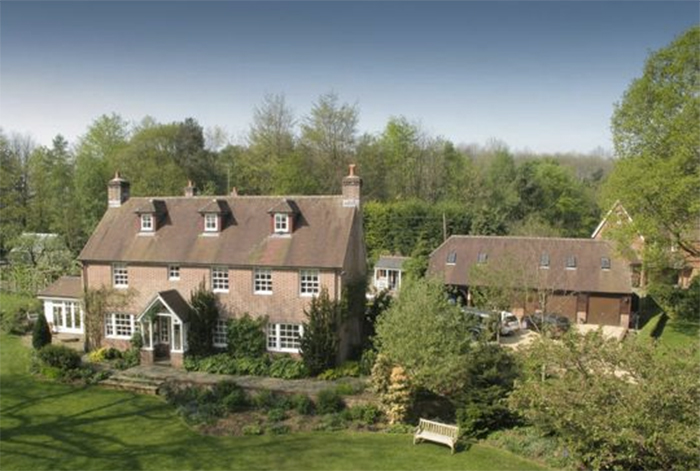
Over the past decade farmland values have risen 187% and annual price growth in the country house market has reached 4.7%, according to new figures published today, but there are signs the momentum is easing with the number of new registered buyers falling by around 9% recently.
Concerns over the introduction of a mansion tax, an impending interest rate rise and tighter mortgage lending meant that quarterly price growth in the country house market slowed to its lowest level in almost two years between June and September.
Prime property values increased by just 0.3% in the third quarter of 2014 while annual growth also slowed, to 4.7%.
Despite these concerns, there hasn’t been a noticeable impact on sales volumes and the total number of exchanges completed so far this year was 8.4% higher than the corresponding period last year. The rising number of exchanges suggests that underlying demand has remained strong.
However, there are signs that momentum is easing. While the number of property viewings was fairly steady during the three months to the end of September compared to the same period last year, the number of prospective buyers registering their interest in buying a prime country home fell by 9%.
Anecdotal evidence would suggest that concerns surrounding the possible introduction of a “mansion tax” on properties worth more than £2 million after next May’s general election are becoming more widespread among both prospective buyers and vendors.
Any further property tax would come on top of the large contribution purchasers of high value property already make in the form of stamp duty. Data for the 2013/14 tax year shows that across England & Wales over £1bn of the total £6.4bn tax take of stamp duty revenue was collected from the £2 million-plus price bracket alone.
Price growth over the last quarter was strongest in the South West, at 1%, followed by Yorkshire and the Humber. On an annual basis, prime homes in these areas have risen by 7.7% and 5.1% respectively.
Prime town and city markets across the UK have benefited from rising demand from those relocating from London and downsizers and price changes in urban locations have reflected this. Growth of 1.3% was seen in the three months to the end of September, while annual growth totalled 8.9%.
Rupert Sweeting, Head of Knight Frank Country, said: "As the statistics show there has been an increase in activity year on year which is indicative of the continuing low interest rates, prospering economy and general feel good factor. Early September saw a brief lull reflective of the Referendum outcome and discussions on Mansion tax but activity has returned signalling increased confidence and the fact buyers realise the Mansion tax proposals have not been thought through. Going forward with many house prices being readjusted, we will see a busy run up to Christmas"
